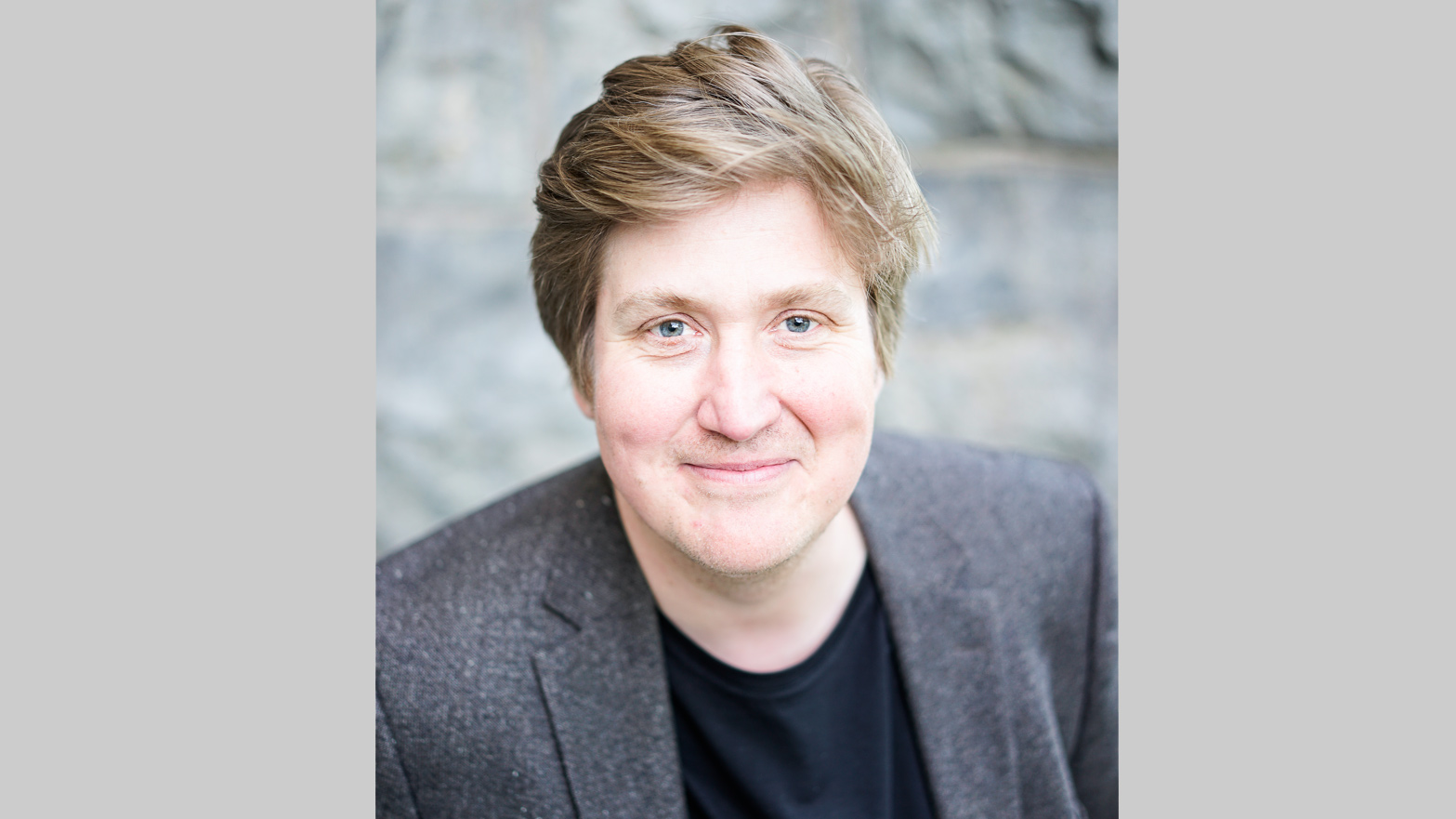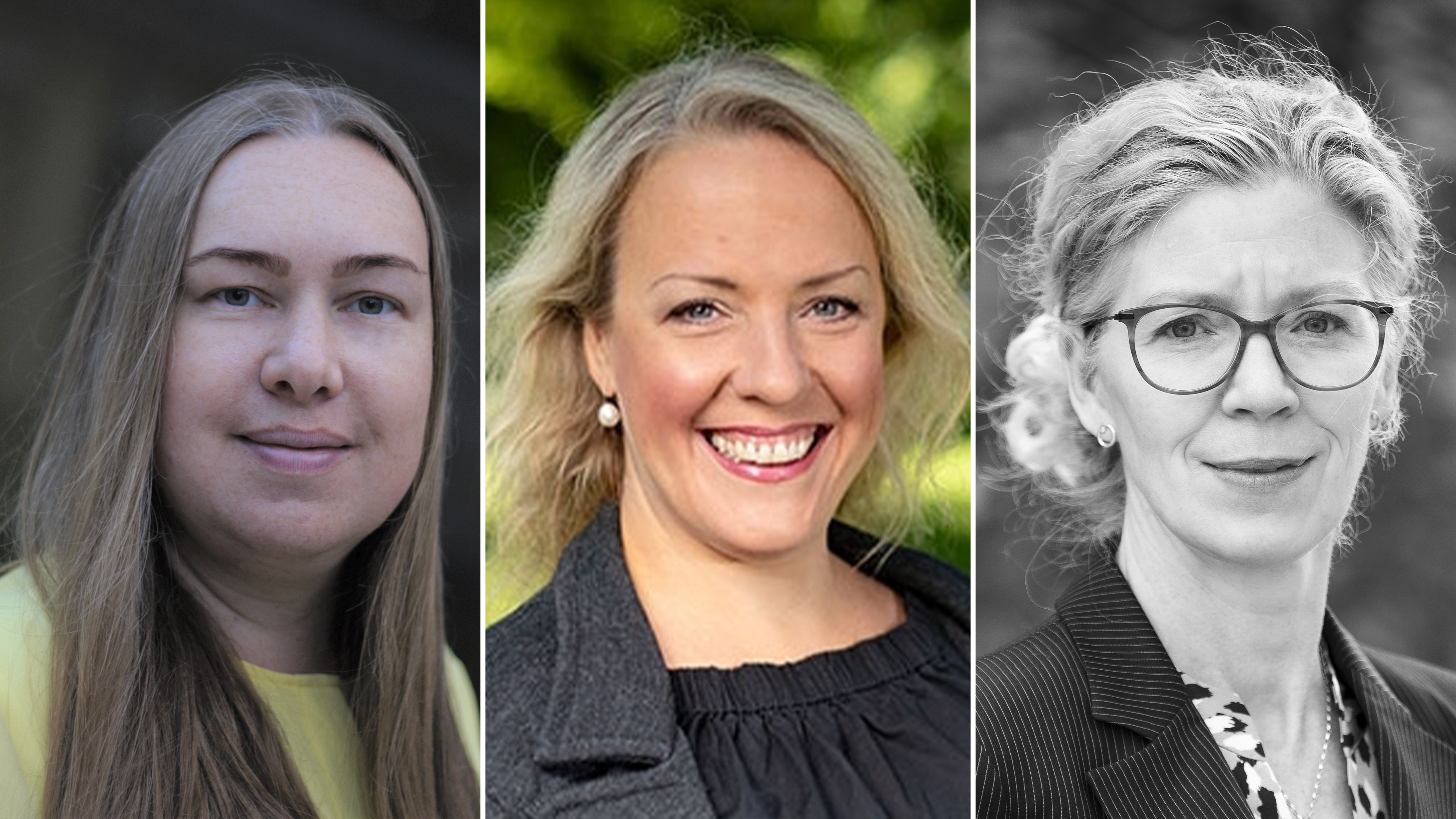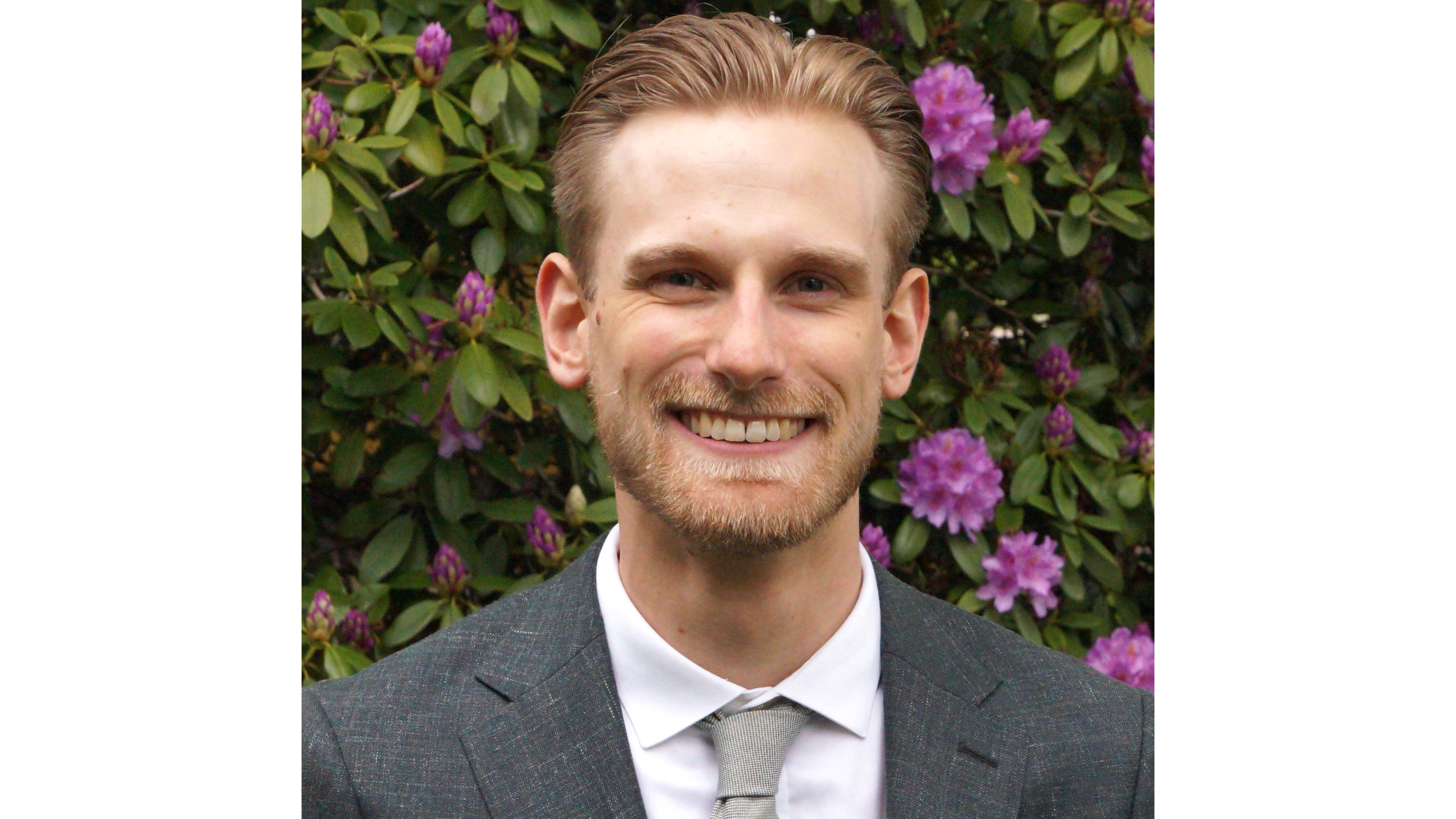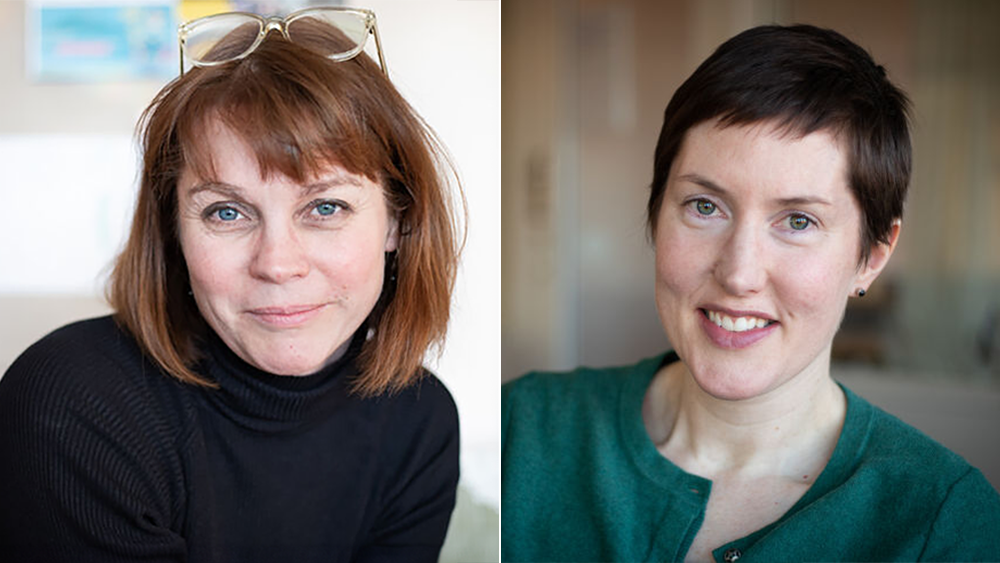WASP-HS Principal Investigator Lina Rahm, KTH Royal Institute of Technology, reflects on her project Media and Environment: AI and Autonomous Systems in Data-Based Environmental Research and WASP-HS.
In short, please introduce your project
Education has always been a structural and political way to prepare citizens for the (technological) future. Right now, artificial intelligence (AI) is emerging as a key technology that will change the future radically in all areas of life. Education and knowledge about AI are seen as important to develop trust in these systems but also for democratic decision-making. Technological explicability (explanation and transparency) is also dependent on the general skillset and knowledge of the citizenry. As such, many educational stakeholders, at different levels, are considering how to best convey the necessary knowledge and skills, to the general population, in order to prepare them for a future where AI is ubiquitous. Education and new knowledge are often presented as a kind of universal solution to technical problems (closely connected to the concept of lifelong learning), which often escape problematization, and are only seen as a democratic solution. Therefore, I want to put notions of education and new knowledge under critical scrutiny. What kind of knowledge is seen as important? How should citizens acquire new knowledge? How is the inherently complex idea of an AI-fueled future presented to the public, and how does education (in a broad sense) function pedagogically to produce individual and collective understandings of AI, AI-related knowledge, anticipated competencies, power, and the future of citizenship?
What are your expected results, and what would you like to contribute?
I hope to contribute to a new scientific understanding of the educational preconditions that broad education about AI rests on. Based on new insights from critical media studies and environmental humanities, combined with previous studies on AI and education, I hope to contribute to, what we may call, ecotechnological historicization. These will provide researchers, policy-makers, and practitioners with alternative problematizations, and epistemic justice guidelines, supporting the development of critically reflexive, ecologically sensitive, and fair-minded education about AI and environmental futures. And as such helps prevent inequities that may result in an unfair spread of benefits and risk within and across societies.
What is your view of being part of WASP-HS?
I am deeply honored and grateful to be part of this excellent collective of researchers, and I can not imagine anything I would rather do. Research takes time, and to be given this long-term opportunity to study what I find is one of the most urgent societal changes (AI in society) is exceptional and incredible. Research is also a collaborative endeavor (although it can be lonely at times). As such, I have had tremendous support and help from other researchers, who have provided important comments, reflections, and critiques, which have, in turn, spurred me to “think again and think anew”. Critical inquiry and input from others are fundamental parts of research, and essential to the development of new ideas. To be part of WASP-HS is therefore a valuable opportunity to interact with researchers who share an interest in studying the societal and social opportunities and challenges with AI and autonomous systems.
What are your expectations on WASP-HS?
I expect WASP-HS to not only contribute to new knowledge and boost competencies about the social challenges and possibilities of AI and autonomous systems as such, but that it will also contribute to fairer, ethically sound, and sustainable solutions. I find it important that social science does not remain “in a bubble”, but that it also contributes to a more equal world by providing actionable explanations and results for a just world. I will do my very best to contribute to such solutions and to strengthen the dialogue between academic research and the surrounding society.





